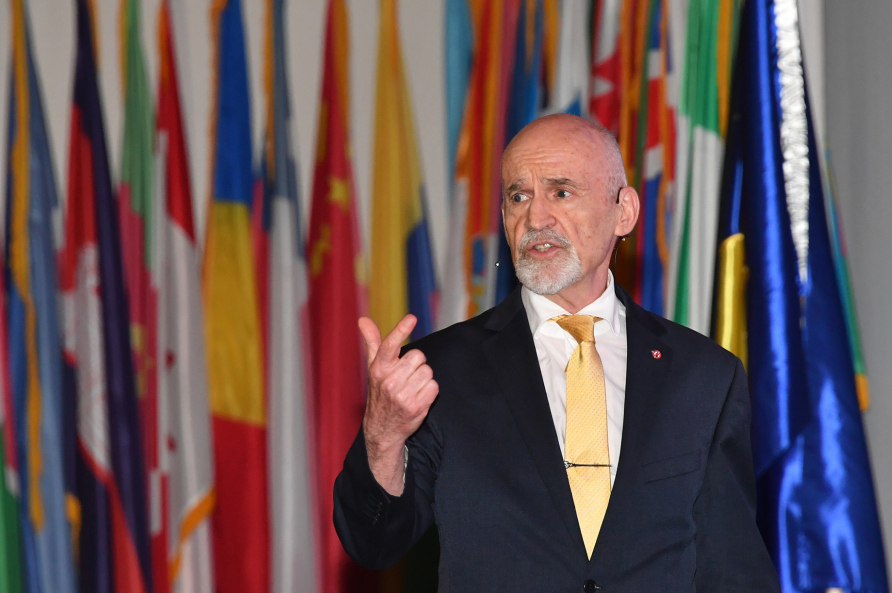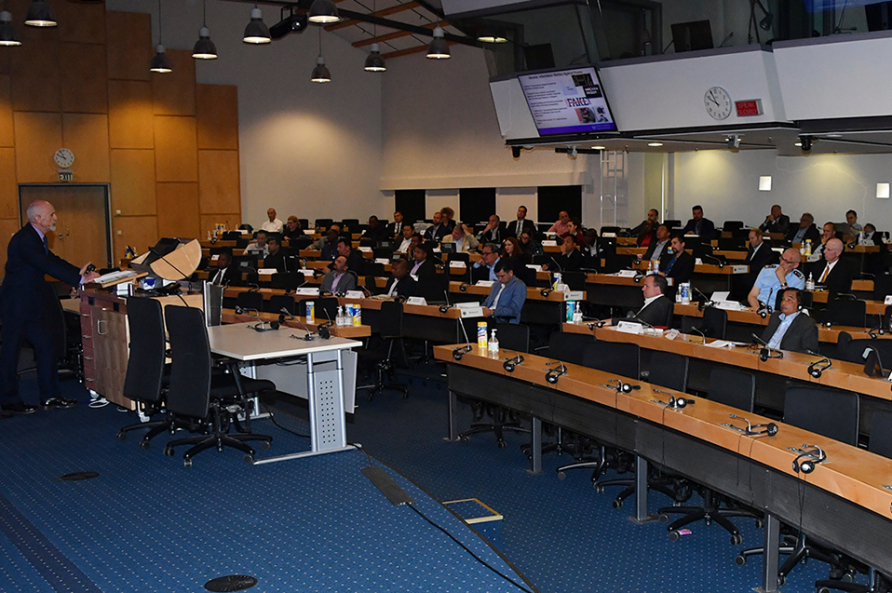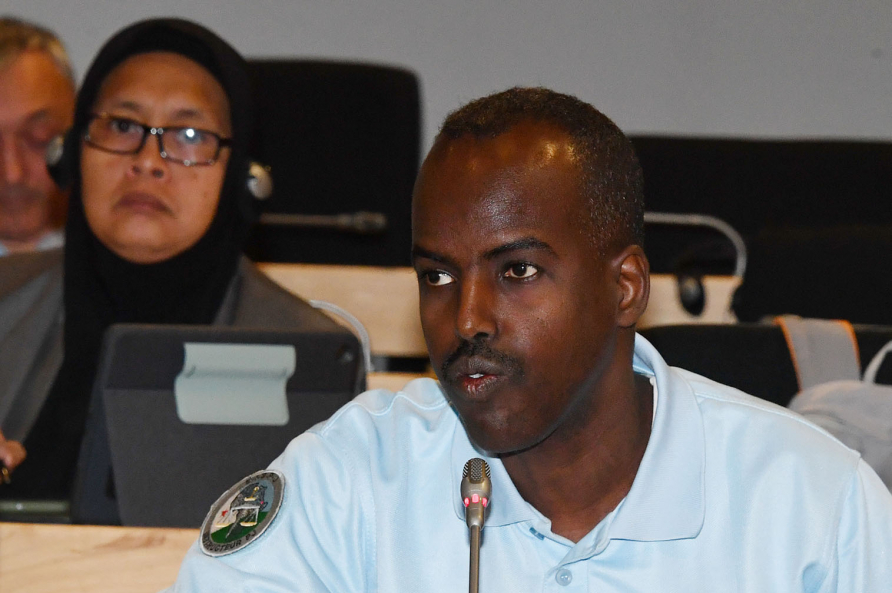
Irregular Warfare and Hybrid Threats in the 21st Century
The George C. Marshall European Center for Security Studies hosted 48 participants from 31 countries in its first Seminar in Irregular Warfare (IW)/Hybrid Threats (HT) in The Grey Zone (GZ), 1-17 June. The pilot course—which is the newest at the Center and the only one focused on IW among all Department of Defense Regional Centers for Security Studies—was adapted to reflect the changing national security priorities in face of Russia’s invasion of Ukraine.
“The seminar could not have been more timely. While most countries focus on conventional deterrence, irregular warfare and hybrid activities remain the weapon of choice for many malign state and non-state actors,” said Dr. Martijn Kitzen, Seminar keynote speaker from The Netherlands Military Academy.
One of the Seminar’s objectives was to define the terms of IW and HT with the realization that these terms have evolved rapidly in the last 20 years, and to explain why irregular forms of warfare have become dominant in the early 21st century.
“In the times of renewed geopolitical competition, when nations had again to learn how to respond to threats and challenges below the threshold of the conventional war, it becomes crucial to understand the nature of modern hybrid activities and to decipher the tools and objectives of hybrid war, to secure the nation and minimize the costs of effective response, in fact, so difficult to achieve nowadays,” said Dr. Shalva Dzebisashvili from the University of Georgia.
Seminar participants—many policy makers—discussed the threats from irregular warfare in their countries, the measures taken to mitigate these threats, the extent malign great power competition remains confined to the grey zone between war and peace, and what IW/HT activities could trigger a direct armed conflict.
“This program enhances the ability to counter the current security challenges, related to irregular warfare tactics,” said Yavor Todorov from the Bulgarian State Agency for National Security.
“Despite this course being a completely new program, it has a big potential to be among the best ones around the globe due to combining academic lecturers as well as practitioners with the best practices from the world,” said Lt. Col. Petr Matous, Hybrid Threats Coordinator, Czech Republic.
Seminar participants discussed how authoritarian states can more easily apply the coercive tools of malign statecraft without the political checks and balances that characterize liberal democracies. They collectively agreed that Western powers must learn to compete effectively in the varied battlespaces of contemporary warfare if they are to preserve the liberal international order and minimize the risk of great power armed conflict.


